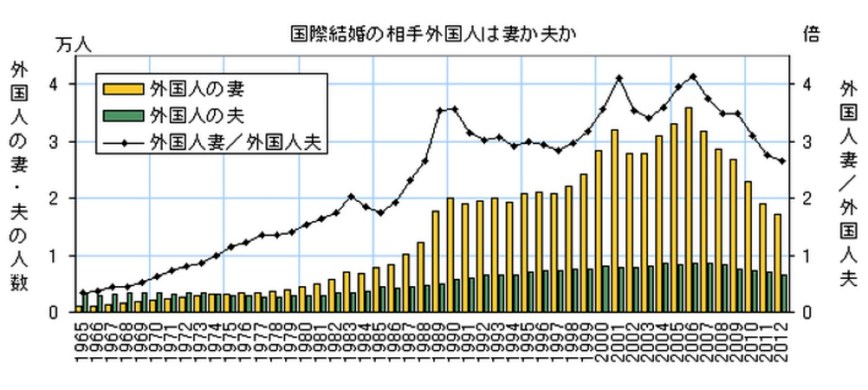
English: Gender Pay Gap in 19 OECD countries according to the 2008 OECD Employment Outlook report (Photo credit: Wikipedia)
by Paige Shaw
From aprons to business suits and domestic duties to the nine-to-five grind, our idea of a hard-working woman has changed drastically. All around the world we see more and more women entering the work force. However, these attempts to make women “equal” have caused different problems to arise. Women who enter the work force are still expected to do the domestic duties they were previously expected to do, on top of having a career. There is simply not enough time in the day for any one person to be able to have a career, raise a family, and maintain a home. Men on the other are not expected to juggle all these things, but they are sometimes expected to put work before family. In addition women are paid a fraction of the amount to do the same work as their male counterparts. As a society we have developed this ideal of having work, home, and time for leisure. In the long run this is not a sustainable lifestyle. I have seen both in my home country, Canada, and in Japan on exchange, that in both countries there is a difference between being a man and being a woman in the workplace.
I find generally when I talk to people who aren’t from North America, or who aren’t too familiar with Canada, that they sometimes have the idea that Canada has it all figured out. However in terms of the gender income gap, Canada has a larger gap then countries such as Norway, Italy, and France. The Conference Board of Canada ranked Canada 11th out of 17 peer countries and gave it a grade C in terms of the Gender Income Gap. Women will earn approximately 76 cents for every dollar a man makes doing the same job. I find in Canada there is still the stereotype that housework and child rearing are more of the woman’s job. However there isn’t as much stigma towards stay at home dads or men helping out around the house as there are in other countries. But it does still seem to be the ideal for a woman to have a successful career, well-behaved children, and a well-maintained home. This is unrealistic because there is simply not enough time for one woman to do all these things.
Compared to Canada, Japan’s gender income gap is much wider, and their expectations for women make it harder to maintain a job. Women in Japan on average earn 29% less than men. It is also uncommon to see a woman working in a high position at a company. Japan has very high expectations for its workers and its mothers. Most women end up quitting their job, either by their own choice or because of societal pressure, once they get married or start having kids. Even with the recent action to increase the amount of women in the workforce, because social expectations aren’t changing, women ultimately have to choose between work and having a family. The husbands are also unable to spend time with their kids, let alone help out around the house, because they are expected to spend long hours at work and put in overtime as well. In order to accommodate having women in the work force Japan would need to loosen its expectations on not only the wife’s duties at home, but also the husband’s obligations at work, so both parents can play a role at home.
Overall it seems globally we still have distinct gender roles, and although on the outside it can seem that women are on equal terms with men in the workplace, that might not be the case. To solve this would take a lot of rearranging of the social order. In countries like Canada we need to get rid of the idea of a “supermom” that can do everything in one day, while ideal, it’s not realistic. And in countries like Japan men need to be given as much opportunity to participate in their families’ lives as much a woman should be given equal opportunity to participate in the workforce. This includes equal pay; women in every country should be paid the same amount for the same work regardless of their gender. We need to release the time-squeeze, and give people more time to maintain a healthy home life as well as a healthy life at work.













































